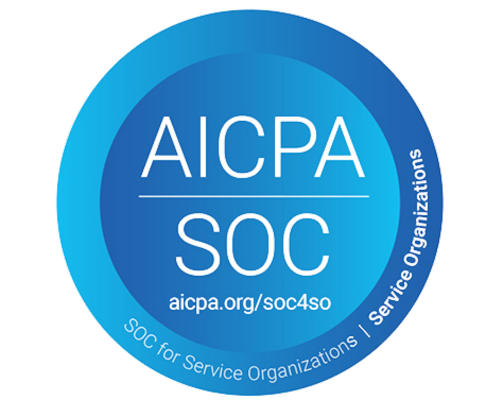$44 Billion in Improper Unemployment Payments: A Wake-Up Call for Employers
In fiscal year 2023, the U.S. Department of Labor reported approximately $44 billion in improper payments through unemployment programs. This resulted in a combined improper and unknown payment rate of 16.47%, which significantly exceeded the 10% threshold defined by the Payment Integrity Information Act (PIIA) (U.S. Department of Labor OIG, 2024).
These figures highlight a persistent issue that not only affects government integrity but also directly impacts employers, especially those unaware of how unemployment claims can quietly inflate their costs.
Why Should Employers Care?
Unemployment Insurance (UI) is financed primarily through employer payroll taxes under the State Unemployment Tax Act (SUTA). The more claims filed - and paid - against your account, the higher your unemployment tax rate climbs. This makes proper UI claims management essential for cost control and compliance.
According to the U.S. Department of Labor, “State law determines individual state unemployment insurance tax rates,” and these rates can vary based on an employer’s experience rating, which considers factors such as the history of unemployment claims.
Common Causes of Improper UI Payments
According to multiple audits and labor reports, the primary drivers of improper payments include:
- Insufficient employer documentation
- Late or missing responses to state agencies
- Worker misclassification
- Lack of HR training on unemployment law
These gaps not only contribute to the national total of overpayments but also expose individual businesses to inflated tax liabilities. The U.S. Government Accountability Office (GAO) attributes much of the fraud during the pandemic UI programs to poor oversight, weak identity verification, and delayed data sharing between states (GAO, 2024).
What Employers Can Do: Best Practices
To reduce your exposure to improper payments and inflated tax rates, consider adopting the following measures:
- Maintain Employment Documentation: Keep comprehensive records for hiring, performance, and termination. This includes job descriptions, performance evaluations, written warnings, and exit interviews.
- Respond Promptly and Accurately: Delays in responding to state UI agencies can automatically result in unfavorable determinations. Timeliness matters more than ever.
- Audit Your Charges: Regularly review state-provided UI charge statements to catch incorrect or fraudulent charges. Many employers are unaware that they can protest errors.
- Educate Your HR Team: Equip staff with unemployment law training to improve accuracy and ensure defensible claims responses.
- Challenge Claims When Appropriate: Contest claims that don’t align with documented facts. Especially those stemming from misconduct, job abandonment, or ineligible classification.
A Systemic Problem, But an Employer's Responsibility
Improper UI payments are not just a government issue - they are a business risk. With SUTA tax rates being recalculated annually based on your claims history, even a handful of mishandled claims can lead to thousands in avoidable taxes over time.
Moreover, with some states already reporting fraud recovery challenges, it’s clear that employers must be proactive, not reactive, when it comes to unemployment claims (DOL OIG, 2024).
The Role of Claims Management Solutions
As UI complexity continues to grow, many employers are turning to specialized services for help. One such solution is HRlogics’ Total Unemployment Cost Management, which assists businesses in navigating the full claims lifecycle, auditing charges, preparing hearings, and optimizing tax outcomes.
While the technology and services vary, the objective remains the same: reduce exposure, ensure compliance, and prevent unnecessary costs.
The $44 billion in improper UI payments reported last year is a wake-up call for every employer. With rising scrutiny, tighter budgets, and fluctuating employment trends, now is the time to strengthen your approach to unemployment claims management. Staying informed - and being proactive - can make the difference between stable tax rates and spiraling overhead.
To explore HRlogics’ UI cost management support, visit
https://www.hrlogics.com/unemployment-cost-management-total-ucm






